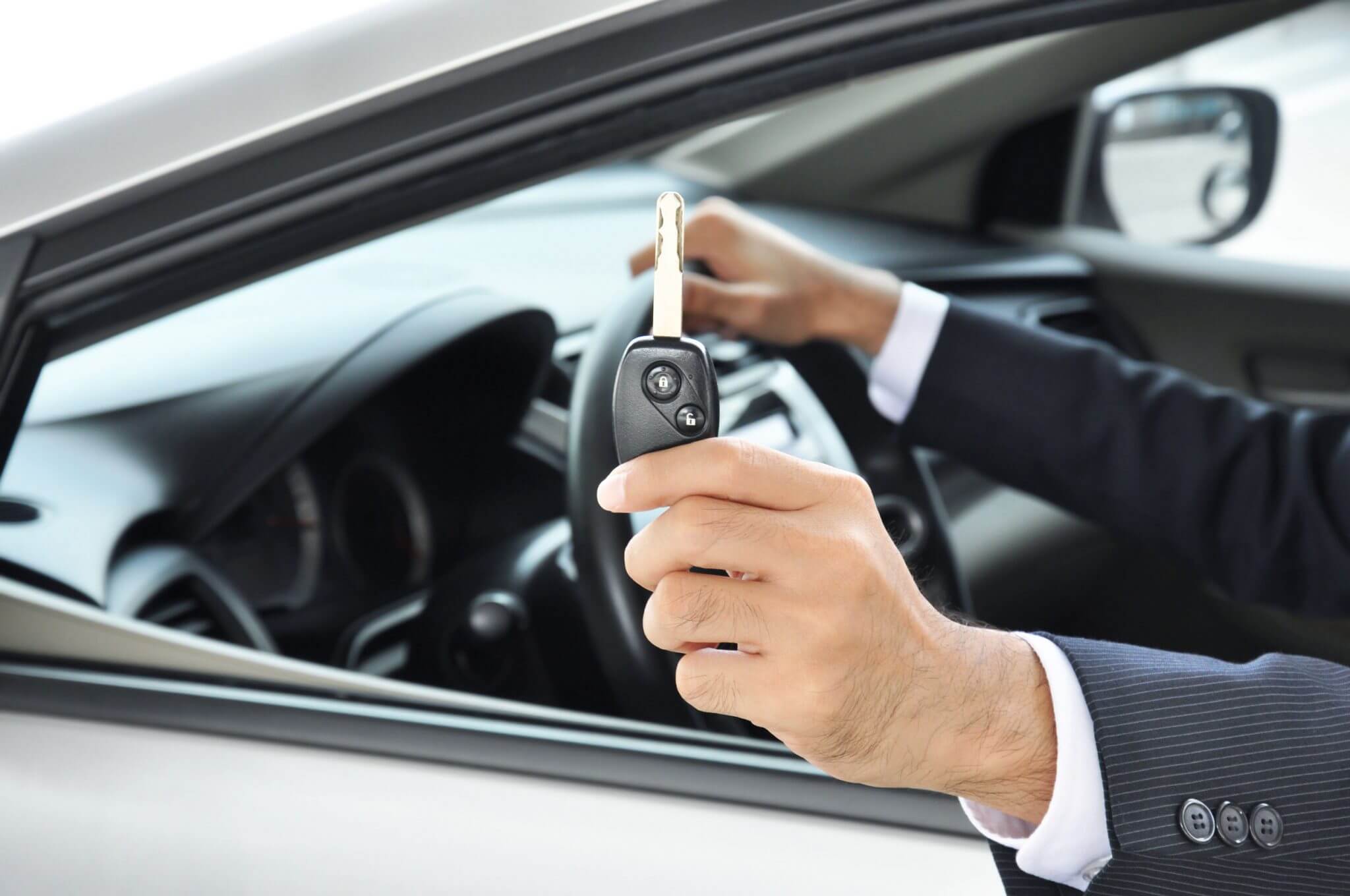Things to Consider When Renting a Car

Car rental is a convenient service that provides great ease in daily life and travel. However, there are some important points to consider when renting a car. Small mistakes in the rental process can lead to unexpected costs and problems. Therefore, it is essential to act wisely to ensure a smooth process. In this article, we will explore in detail the things to consider when renting a car.
Choosing the Right Car Rental Company
One of the most crucial aspects when renting a car is selecting a reliable car rental company. Many companies operate in the market, each offering different pricing policies, services, and customer satisfaction levels. To make the right choice, consider the following:
-
Check Customer Reviews and Ratings: Read customer reviews on platforms like Google, Trustpilot, or social media to assess the reliability of the company.
-
Compare Prices: Car rental prices vary depending on the company's services and location. Comparing different companies can help you find the best deal.
-
Check for Hidden Fees: Some rental companies may charge extra fees not clearly stated in the agreement, such as insurance, deposits, or fuel policies. Understanding these costs beforehand can prevent surprises.
-
Consider the Service Network: Companies with an extensive service network offer more flexibility in terms of pickup and return locations, making the process easier.
Choosing the Right Vehicle
Selecting a car that meets your needs is essential for both comfort and budget management. Here are some important factors to consider:
-
Purpose and Duration of Travel: For city use, small and economical cars are ideal, while for long journeys, a comfortable and spacious vehicle may be a better choice.
-
Fuel Efficiency: Opting for fuel-efficient, hybrid, or diesel vehicles can help minimize fuel costs.
-
Luggage Capacity: If you have a long trip or need extra luggage space, choose a car with sufficient trunk capacity.
-
Vehicle Model and Age: Newer model cars often offer better fuel efficiency and advanced safety features.
Reviewing Insurance and Protection Options
Examining insurance options is crucial when renting a car. Rental companies offer different types of insurance for accidents, theft, and other unforeseen circumstances. The most common types of insurance include:
-
Collision Damage Waiver (CDW): Covers damages up to a certain limit in case of an accident.
-
Theft Protection (TP): Protects against financial losses if the rental car is stolen.
-
Third-Party Liability Insurance (TPL): Covers costs in case you damage other vehicles or individuals.
-
Full Coverage Insurance: Includes protection for items typically not covered, such as windows, tires, and headlights.
Carefully reviewing these insurance policies will help you choose the most suitable option for your needs.
Things to Check When Picking Up the Car
When picking up the rental car, there are several important aspects to verify:
-
Physical Inspection: Check the exterior and interior of the car for any scratches, dents, or damages. If any are found, take photos and report them to the company to ensure they are documented.
-
Fuel Level: Ensure that the fuel level matches the contract, as you may be required to return the car with the same amount of fuel.
-
Tire and Mechanical Checks: Inspect the tire pressure, headlights, brakes, and other mechanical components.
-
Verify Documents and Keys: Confirm that the vehicle registration, insurance documents, and spare keys are provided.
Important Points During Vehicle Use
To ensure a safe and hassle-free experience while using the rental car, keep the following in mind:
-
Follow Traffic Rules: Adhering to traffic laws helps you avoid fines and accidents.
-
Monitor Mileage Limits: Some rental companies impose mileage limits, and exceeding them may result in extra charges.
-
Keep the Car Clean and Well-Maintained: Returning the car in good condition can help avoid cleaning or damage fees.
-
Have an Emergency Plan: Familiarize yourself with the procedures in case of breakdowns or accidents.
Returning the Car
The final step in the car rental process is returning the vehicle. To ensure a smooth return, follow these guidelines:
-
Return at the Agreed Time and Location: Delays may result in additional charges. Stick to the return time and location stated in the contract.
-
Follow the Fuel Policy: Most rental companies require the car to be returned with the same fuel level as when picked up. Failure to do so may result in extra charges.
-
Inspect the Car Before Returning: Check for any personal belongings and ensure no new damage has occurred.
-
Obtain a Return Receipt: Ask for a confirmation document upon returning the car to secure proof of return.
Tips for a Hassle-Free Car Rental Experience
There are several key points to consider when renting a car. Selecting a reputable company, reviewing the rental agreement, evaluating insurance options, and carefully managing the pickup and return process can help ensure a smooth experience. By following these tips, you can enjoy a reliable, budget-friendly, and comfortable car rental journey.











